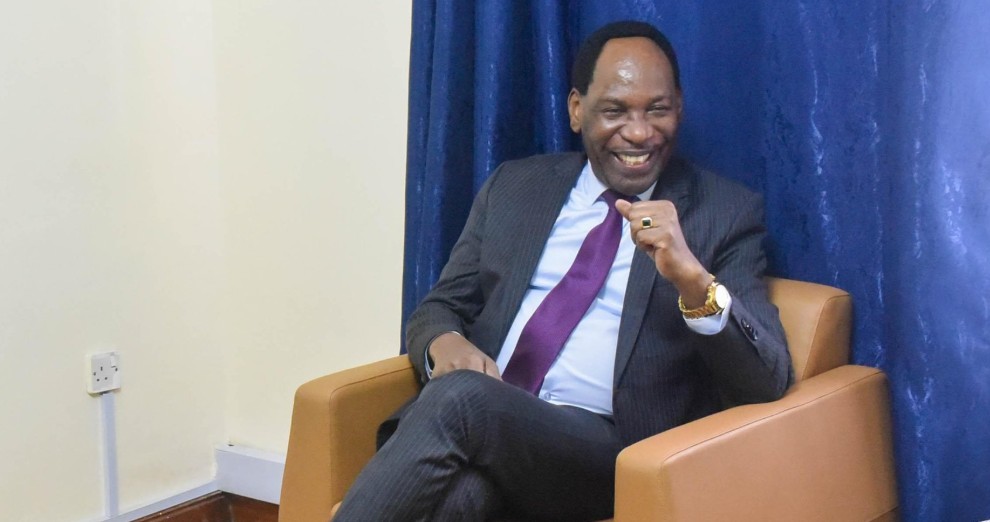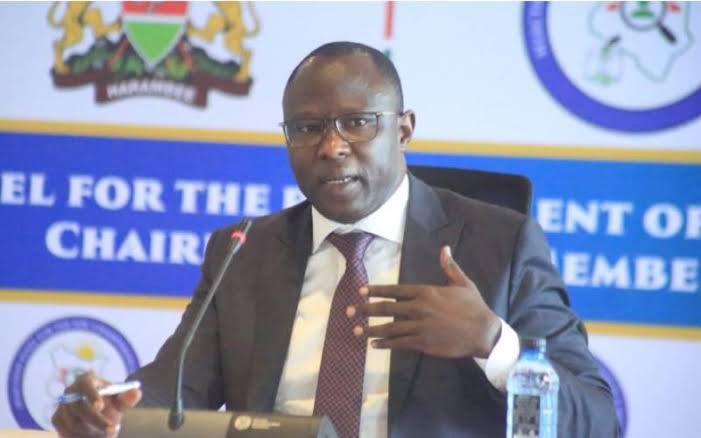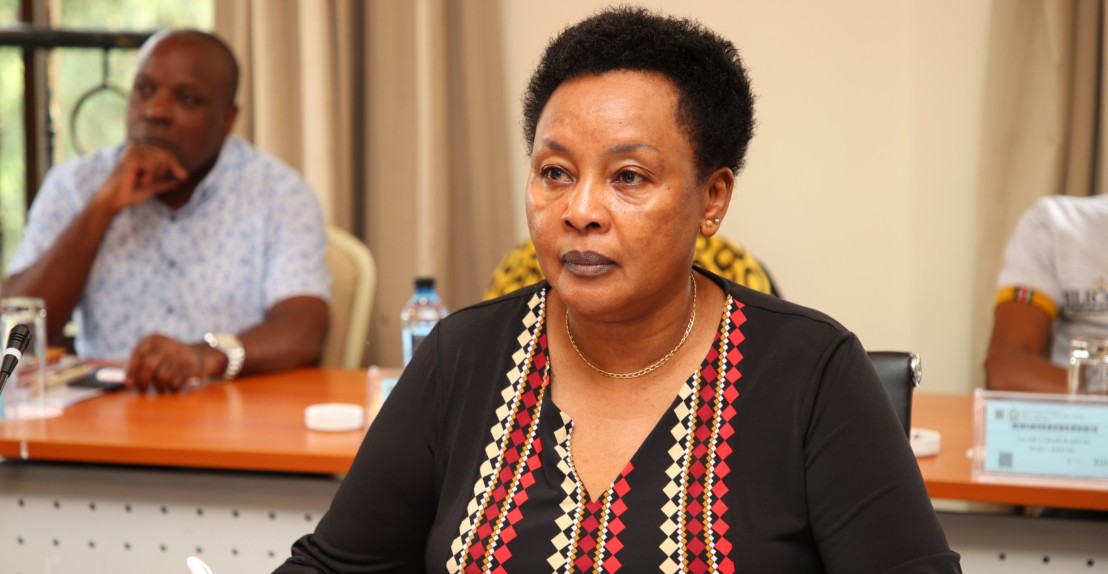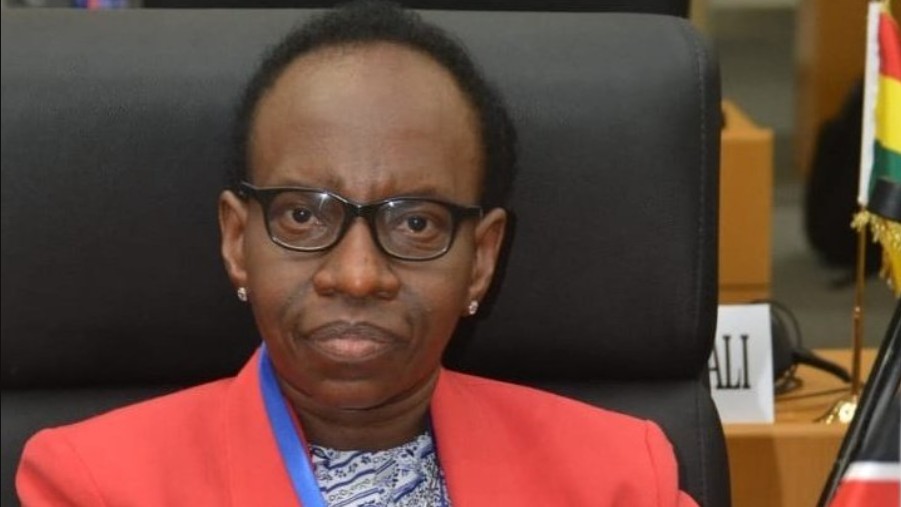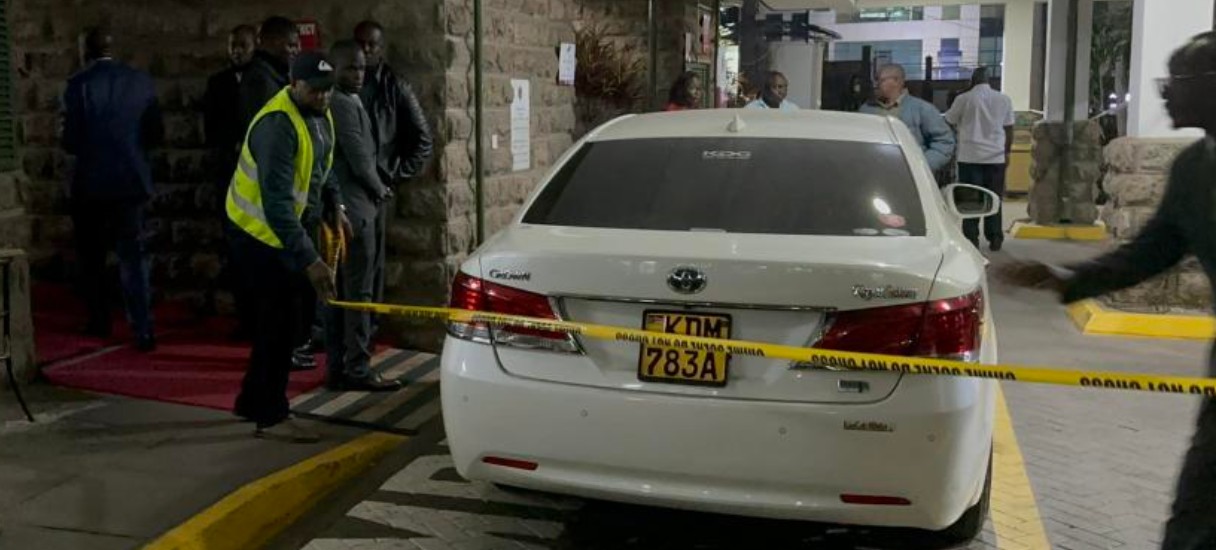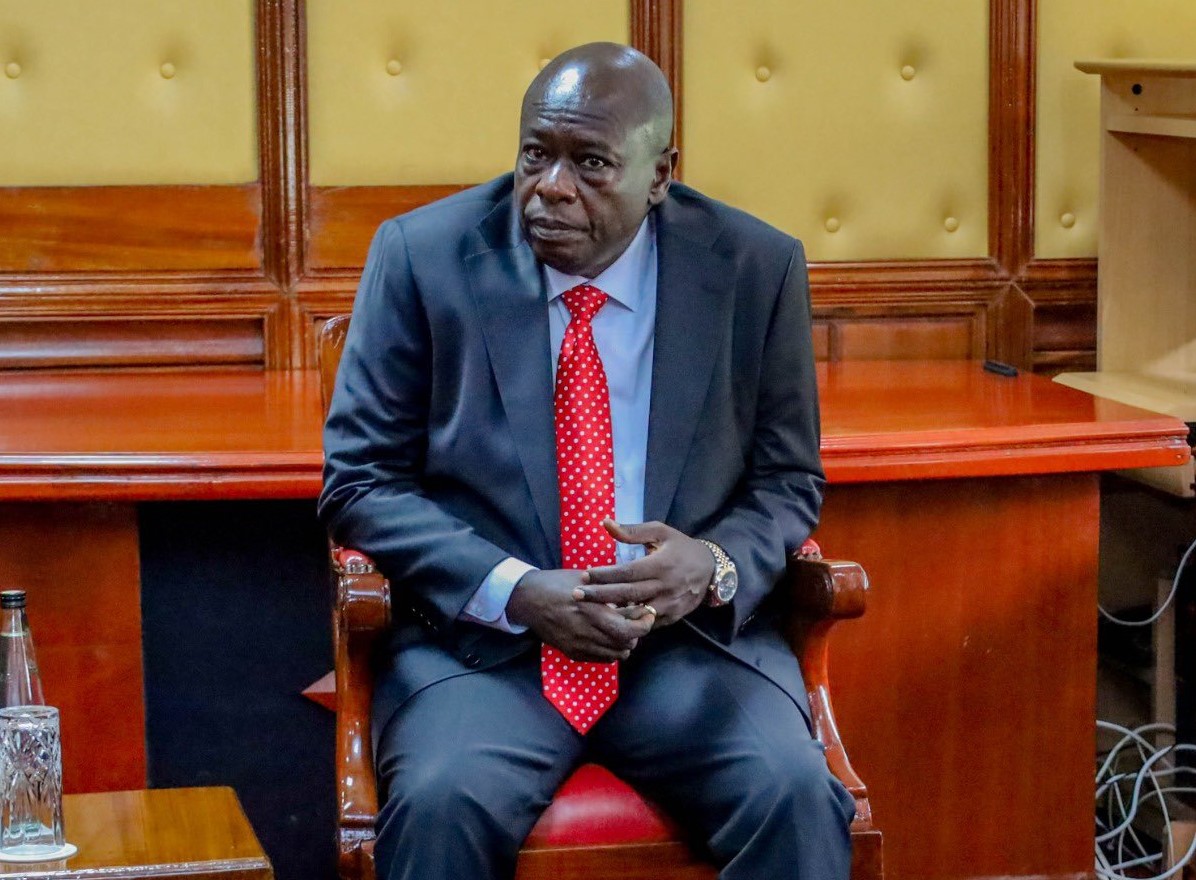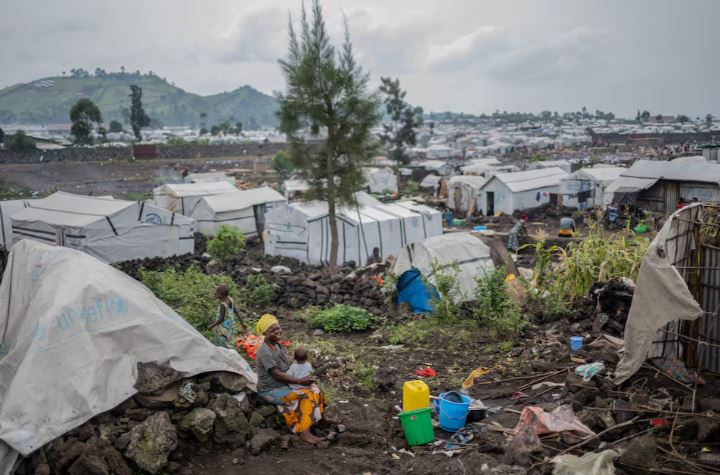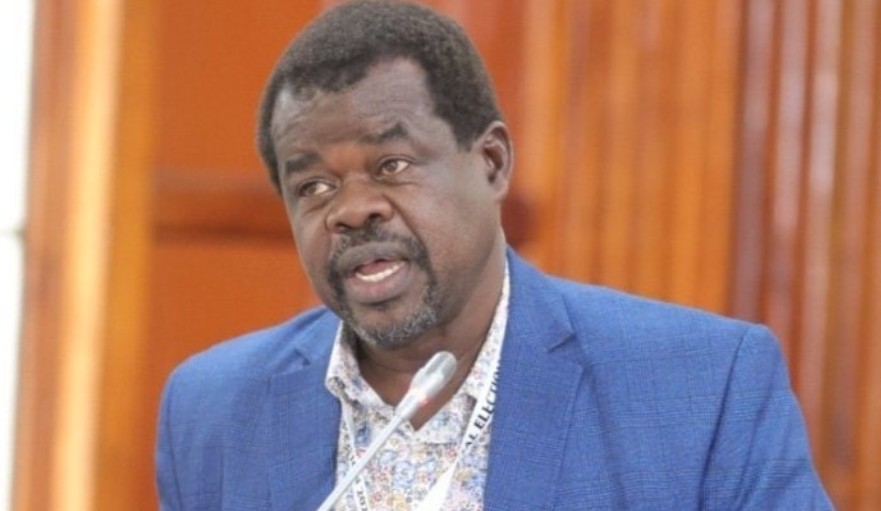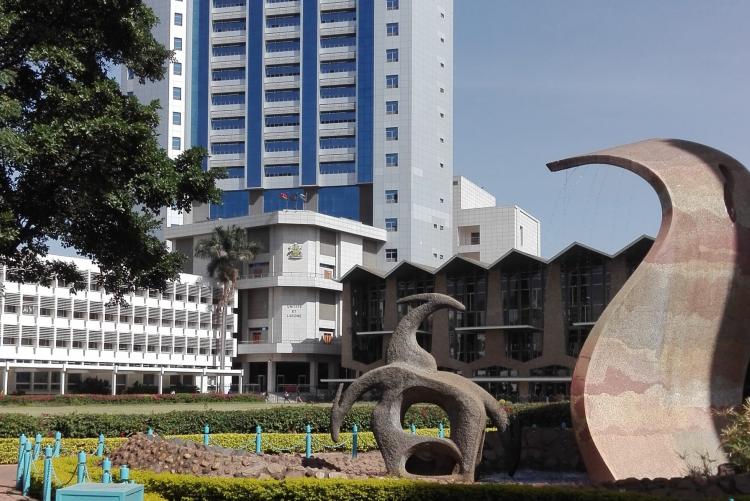Internet shutdowns could cost Kenya $6.3 million daily, stakeholders warn
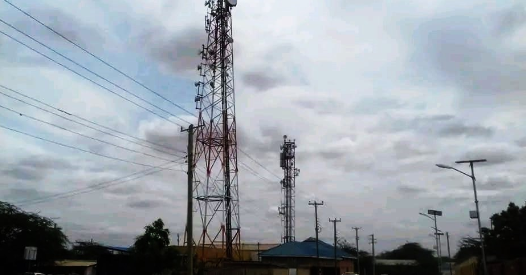
In a joint statement, stakeholders noted that during the disruptions, mobile money services, credit and debit card transactions, and e-commerce platforms were all inaccessible.
Stakeholders in the internet space have raised concerns that another shutdown, over nationwide protests sparked by the Finance Bill, 2024, could cause Kenya to lose approximately $6.3 million daily.
In a joint statement, the Kenya ICT Action Network (KICTANet), the Collaboration on International ICT Policy for East and Southern Africa (CIPESA), AIRA, Paradigm Initiative, and Internet Society's Kenya chapter said that during the disruptions, mobile money services, credit and debit card transactions, and e-commerce platforms were all inaccessible.
More To Read
- Communications Authority introduces new guidelines for child online protection
- Kenya's TV, radio stations ordered to cut betting content within 14 days
- Airtel gets 2027 deadline extension for rural network expansion in Kenya
- Crackdown on illegal ISPs: CA uncovers 132 unlicensed internet providers across Kenya
- State threatens to revoke Standard Group licenses over Sh48m regulatory fees
- Communications Authority mandates licenses for all imported ICT equipment
"While the exact cost of the recent internet disruption is yet to be established, the Internet Society estimates that such an outage could cost Kenya's economy USD6.3 million in lost GDP each day. We firmly denounce the arbitrary restriction of the Internet. An open and accessible internet is crucial for economic development, social progress, and a strong democracy," they said in the statement.
They noted that while the government maintained that it would not shut down the internet before this week's wave of protests, this happened, affecting a myriad of services across the country.
"Despite assurances on Monday, June 24, from the Communications Authority of Kenya (CA) that internet access would not be restricted during the #RejectFinanceBill2024 protests, the events of June 25 paint a contrary picture with the Internet shutdown. This action violates provisions of the Constitution of Kenya and international human rights law, which guarantee fundamental rights and freedoms, including freedom of expression, access to information, and peaceful assembly."
A day earlier, the CA had acknowledged that internet shutdowns "would sabotage our fast-growing digital economy" and stated that it had "no intention whatsoever to shut down internet traffic or interfere with the quality of connectivity."
However, the public reported disruptions and some reports indicated that they were effected by the Netblocks, the global internet observatory, which confirmed an outage on June 25, 2024, noting that there was no evidence of undersea cable cuts as alleged by local Internet Service Providers (ISPs).
Back in Nairobi, the main local ISPs, Safaricom and Airtel, attributed the disruptions to "outages on undersea cables."
"We remind the Kenyan government that the Access to Information Act 2016, Part II, Section 4, provides that every citizen has the right of access to information held by (a) the state; and (b) another person, where that information is required for the exercise or protection of any right or fundamental freedom," the stakeholders said in their statement.
"Unimpeded communication and government accountability are the cornerstones of a functioning democracy hence the Government of Kenya must be transparent on the role played in the disruption of the internet on June 25, 2024."
The organisation added that Article 34 protects media freedom while Article 35 protects access to information, both of which were directly affected by the disruption.
"In light of the prevailing circumstances, it is important that Safaricom, Airtel, and other ISPs clarify who gave the orders for the shutdown and whether there was any official documentation or directive from the government or regulatory bodies."
"Additionally, the CA, the sector regulator, should clarify their role during the internet shutdown, and how their actions aligned with its prior commitment to #KeepItOn."
They also urged the government, including the Ministry of Information, Communications and Digital Economy, and the Ministry of Interior and National Administration, to give a comprehensive explanation of the occurrence.
"These ministries must ensure transparency and accountability by disclosing any directives issued and the rationale behind them. Furthermore, we call on these ministries to reaffirm their commitment to upholding the constitutional rights of freedom of expression, access to information, and peaceful assembly, and to take necessary measures to prevent future disruptions," they said.
Top Stories Today



